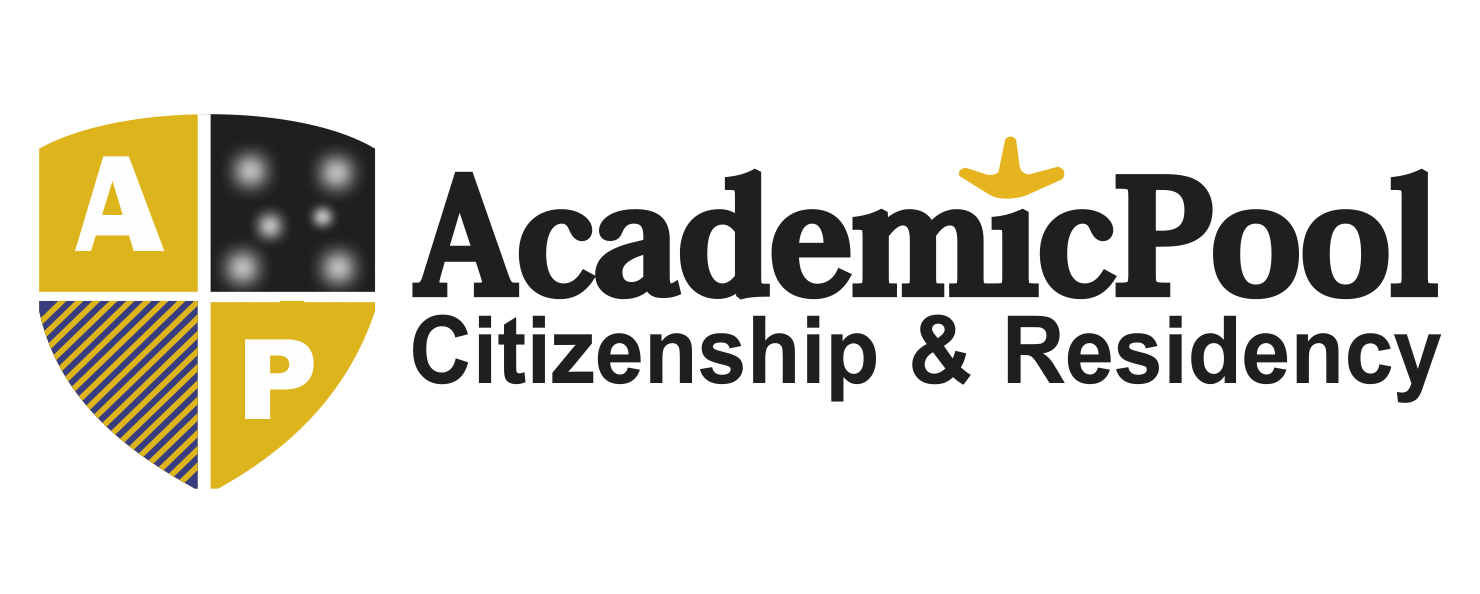RESIDENCY AND CITIZENSHIP
What does residency mean?
Residency is the act of establishing and maintaining a residence in a given country. The right is usually for a specified amount of time, and allows individuals to work, travel or study in that nation. In terms of status, it means that they are no longer a tourist, but more like a legal alien. And while they can leave and return, they may be denied re-entry if they’ve failed to fulfill any of their residency conditions, which could be anything from spending a certain amount of time in the country to having a job and accommodation there.
What does citizenship mean?
Citizenship is the status of membership and belonging to a state. Unlike residents, citizens get all of the rights, privileges, and responsibilities defined by that nation’s laws. These include the rights to vote, participate in politics and receive education, as well as call upon their country for legal assistance and protection. Citizens can also apply to receive a passport from their country and pass this right to citizenship onto their children. Citizenship is generally for a lifetime and individuals do not have to fulfill any requirements to retain it, such as living or working in the country in question. Many nations also allow their citizens a second nationality too — i.e. dual nationality.
CITIZENSHIP AND RESIDENCY PROGRAMMES
We offer a selection of residency and citizenship programs throughout Europe and elsewhere.

Turkey
- $250,000 Investment
- Full family Residency
- No Requirement to Reside
- Visa free Travel, European Passport

St Lucia
- Minimum &100,000 Donation
- Citizenship and Passport
- Visa Free Travel 157 Countries
- EU Schengen Zone & UK

St Kitts
- From $ 150,000 Donation
- Real Estate Option
- Citizenship & Passport
- Visa Free Travel 165 Countries








